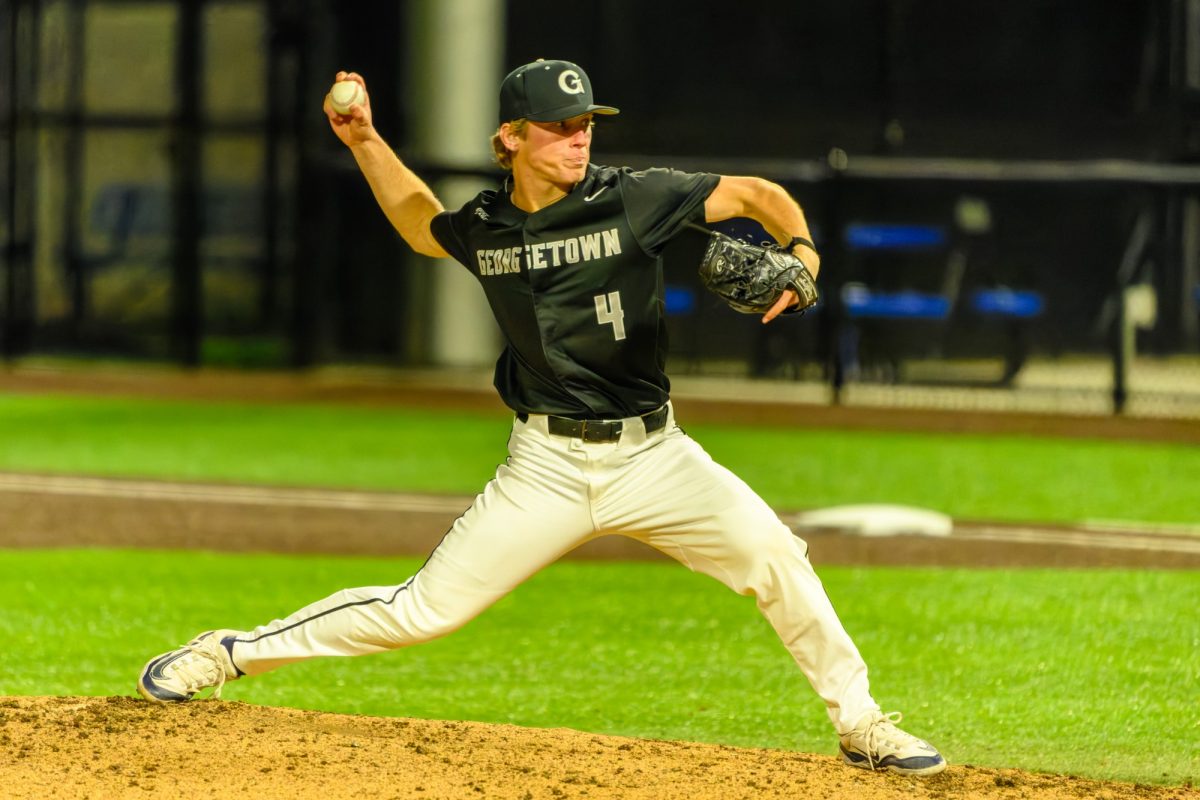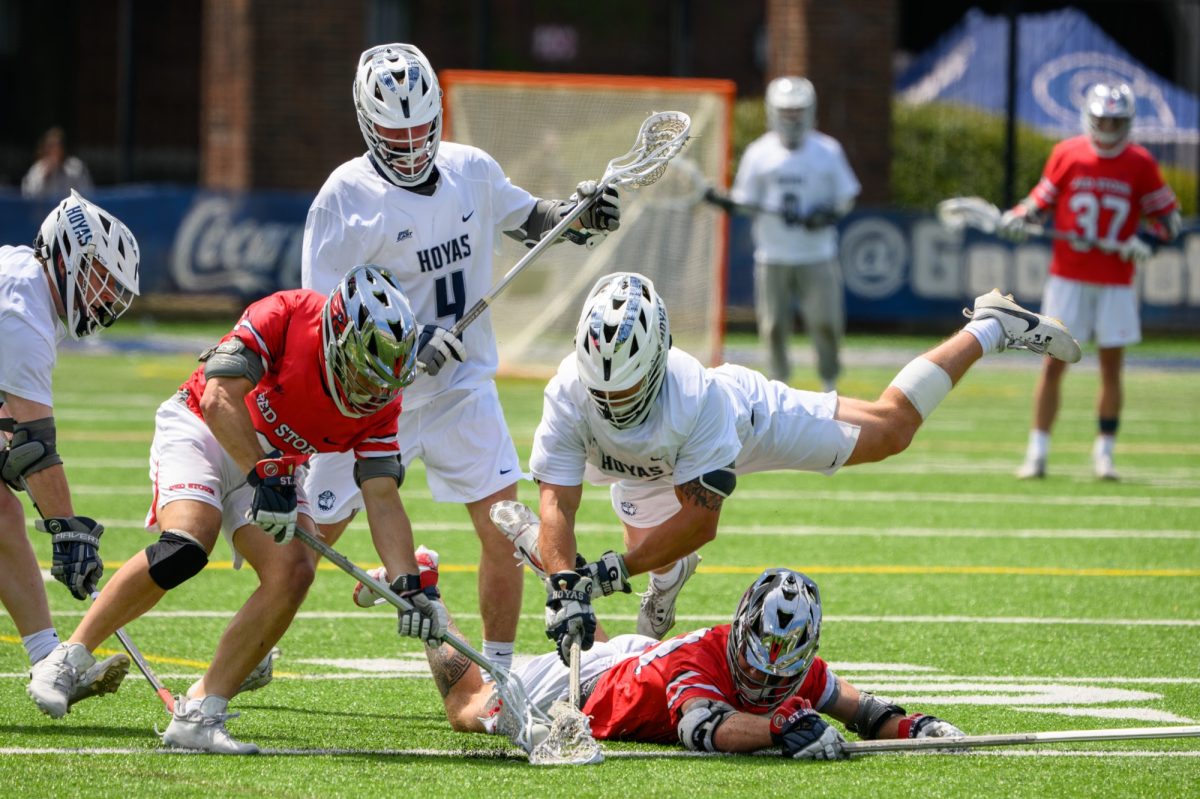Today’s NBA players, especially stars, often maximize their flexibility and agency over contracts at the expense of the franchise they play for. This trend has been embodied by LeBron James, who signed several short-term contracts with the Cleveland Cavaliers before leaving this summer to join the Los Angeles Lakers. Kevin Durant has followed this model, signing one-year deals with a player option for the second season each July since joining the Warriors.
The advantages for the players are obvious. Short-term contracts give them tremendous flexibility each and every year to act as they please and potentially join a new team if they are unhappy with their situation. Similarly, it gives the top players power over their organization who risk potentially losing them for nothing. That said, there are negative consequences in acting in this manner, too. For example, Durant has not received the endearment and adoration of Golden State fans that is given to their other stars and his free agency has hung over the Warriors’ season and been a distraction for him and his teammates.
Teams — not just players — act in this manner. The Toronto Raptors traded star DeMar DeRozan, who was especially vocal in his love for playing in Toronto, for what they felt was an upgrade in Kawhi Leonard. More recently, the Raptors traded Jonas Valanciunas, one of the longest tenured Raptors, for an aging Marc Gasol in the hope of maximizing their short-term title windows. While the Raptors have been one of the top teams in the NBA, they are now expected to make a postseason run or risk losing Leonard for free, which would eliminate contention hopes for the foreseeable future, a concern they would not have had with DeRozan.
Another example of loyalty in the NBA is through Boston Celtics general manager Danny Ainge. Ainge has been lauded for stockpiling young players and draft picks, including Kyrie Irving. He could also potentially get Anthony Davis this offseason. Consequently, Ainge is considered by many as one of the best general managers in the NBA. However, his actions have not come without potential negative consequences. Davis’s father has expressed that his son would not be willing to extend his contract should he be traded to the Celtics due to the way they treated Isaiah Thomas, who was traded for Irving. Of course, it is understandable why Ainge pulled the trigger on the trade. Irving is younger, healthier and better than Thomas and it is Ainge’s job to look out for the best interest of the Celtics, not Thomas. However, this trade shows that while the “NBA is a business,” dismissing loyalty can have negative consequences that are not immediately foreseen.
The Oklahoma City Thunder serve as a counterexample to the importance of player agency. After being famously burned by Durant, who left the Thunder in 2016 as a free agent, the Thunder maintained loyalty and trust in their players by refusing to engage in trade talks with star guard Russell Westbrook, who was expected by many to follow in Durant’s footsteps and leave the franchise the next summer. Westbrook rewarded the Thunder’s faith by forgoing his free agency and signing a long term extension with the franchise. The Thunder doubled down on their culture of loyalty and commitment to players by trading for Paul George the following summer. The trade was questioned at the time because of an assumption that George would sign with the Lakers the following summer when his contract ran out. However, George rewarded the Thunder’s faith by signing a long-term deal, citing the organization’s culture as a huge reason he stayed, while not even giving the Lakers a meeting. This season, the Thunder, with George playing the best basketball of his career, are one of the best teams in the NBA, a notion that would have been nearly unthinkable 2 ½ seasons after losing a consensus top-three player for nothing.
In conclusion, while loyalty is a difficult concept to actually measure and may not provide tangible short-term benefits, taking loyalty into account a little more could be a mutually beneficial concept, helping both organizations and players achieve their interests while helping each other out.









